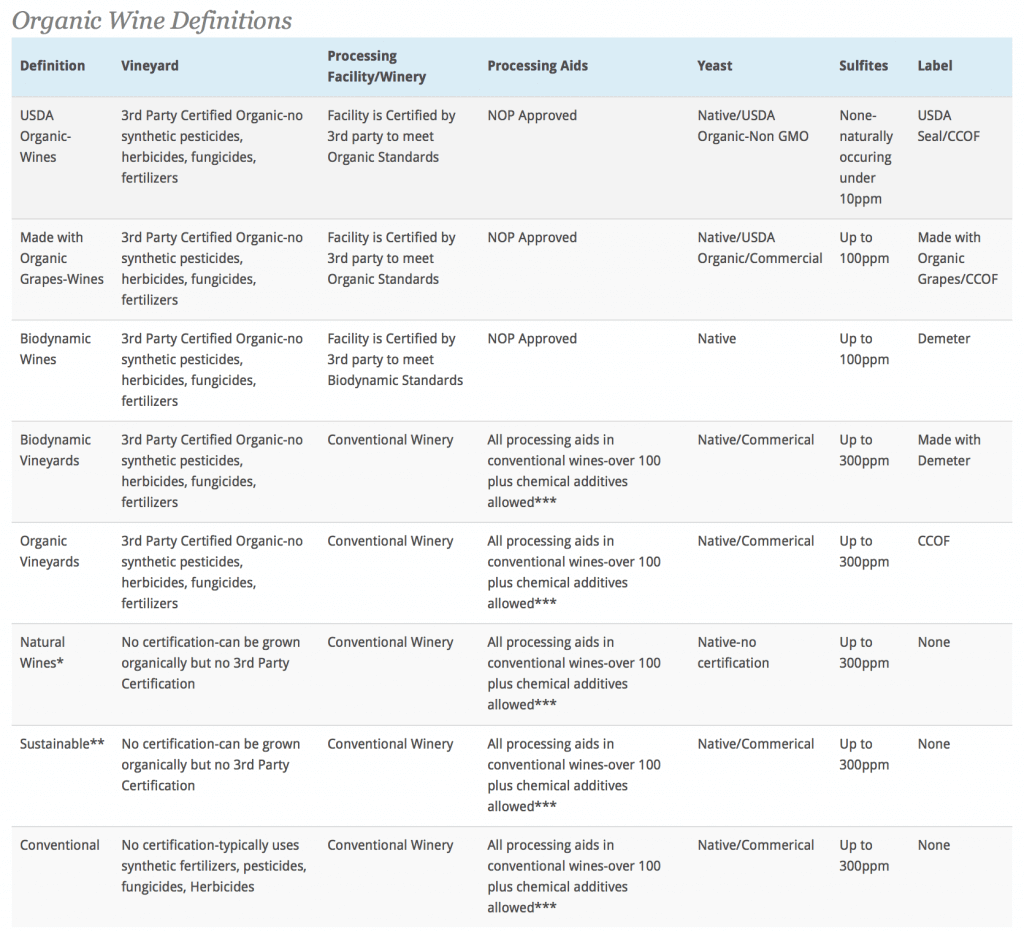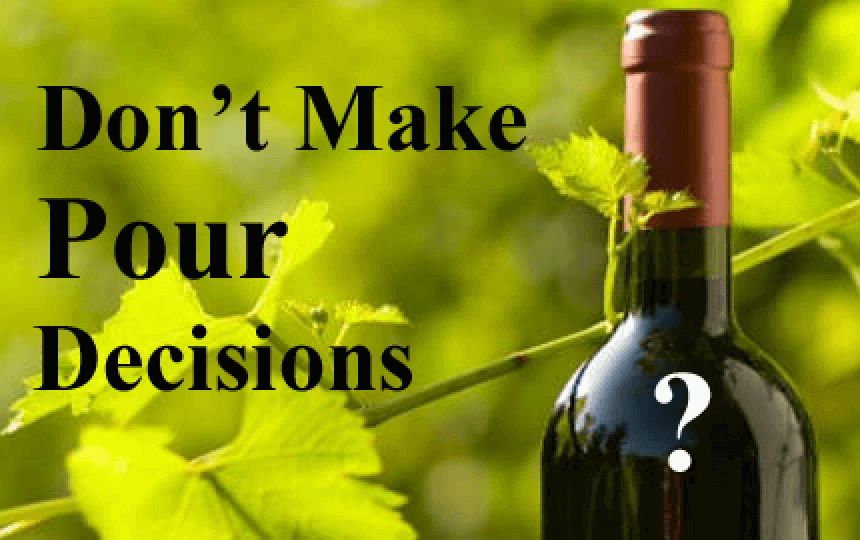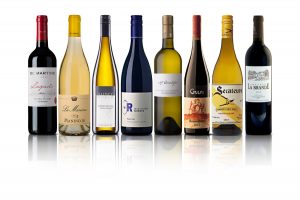Organic Wine Online
What’s the difference and how do these classifications ensure or minimize the nasties we are drinking? Check below for the chart
The biodynamic and organic certifications vary slightly from country to country, however, they have the same key objectives. Wineries must refrain from using artificial inputs, including synthetic fertilizers, herbicides, fungicides and pesticides. Another distinct regulation is to avoid the use of added sulfites during the fermenting and bottling phase. It is important to remember that Sulfites — also known as sulfur dioxide- is a naturally occurring preservative in most wines and an inherent by-product of alcoholic fermentation. However, most wineries will manually add sulfites in order to increase the shelf life.
This is where it can get tricky. Take note; if a winery adds extra sulfites and follows organic farming principles, they can not be labeled organic, but they can be classified as wine “made from organic grapes”.
As with all our products on Straits Market, we believe in transparency and provenance. However, the fact that wines are not required to have labels or an ingredient list makes it harder for us to discern one wine from another. Luckily wines with biodynamic and organic certification will have their logos mentioned prominently on the back. One step to helping consumers navigate options and make wiser decisions.
Haven’t you wondered why there are no nutritional or ingredient labels on wines? Governments require labeling on food but not on wines.
In the US, this exemption can be traced back to Prohibition whereby alcoholic beverages are regulated by the federal agency called the Alcohol and Tobacco Tax and Trade Bureau (TTB)— and this agency doesn’t require nutritional or ingredient labeling, except for sulfites, cochineal extract/carmine andFD&C Yellow No. 5. Many requests for transparency have been made since 1935 and, as recent as 2013, a move for mandatory labeling was overruled. One of the TTB’s arguments was that putting nutrition facts on all bottles of alcohol would make consumers erroneously think that alcohol was nutritious. (*)
I’m sure you are less worried about the obvious sugar content and nutrition associated to wine, and more in the chemical content. The list of allowed substances in U.S. winemaking is about two pages long. These additives and treating materials, marked by the FDA shorthand “GRAS” for “Generally Recognized As Safe,” do not need to be listed on the back of the wine bottle. They might include added preservatives; engineered yeast strains; or super-concentrates, like Mega Purple, used to correct a wine’s color, mouthfeel, and flavor. Wines made in the U.S. and other countries may also include foaming agents, coloring agents, acidifiers, deacidifiers, casein, pepsin, trypsin, dimethyl dicarbonate, ammonium phosphate, sodium carboxymethyl cellulose, potato protein isolate, acetaldehyde and isinglass (the dried swim bladders of fish, used for wine clarification).
We don’t want to scare you from drinking wine, which might be a futile task. However, we feel that being health-conscious and discerning about food also applies in choosing the right wines and alcoholic beverages.
Without mandatory and regulated labeling, we are at the mercy of the integrity of the wineries and distributors. Now, knowing that wines may be laced with all sorts of additives as mentioned, it would be safer to reach for the certified bottle. We hope that our selection will give you that assurance and the taste that will win your trust.
(*)

Quick review:
* Organic wines are made from grapes grown without synthetic pesticides, herbicides, or fertilizers.
* Biodynamic wines go even further — they prohibit chemical inputs entirely and use natural composts and plant/animal preparations.
* This means less chemical residue in your glass and healthier vineyard soil.
➡️ Better flavor, more authentic taste.
🍷 3. Purity and Expression of Terroir
* Many winemakers say their organic or biodynamic wines better express the “terroir” — the unique taste of the place.
* With no synthetic chemicals interfering, and healthier vine ecosystems, the grapes can develop more natural complexity and balance.
➡️ Better accountability.
⚖️ 4. Ethical and Transparent Production
* Certified labels (e.g., USDA Organic, Demeter Biodynamic, EU Organic) require third-party verification.
* This transparency helps consumers trust that sustainable practices are actually being followed — not just marketing claims.
⚠️ A Few Caveats
* Certification can be expensive, so some small, sustainable wineries skip it even though they follow similar practices.
* “Organic” doesn’t always mean no sulfites — U.S. labeling rules differ from EU ones.
* Taste preference matters — not all organic wines will suit your palate better.

